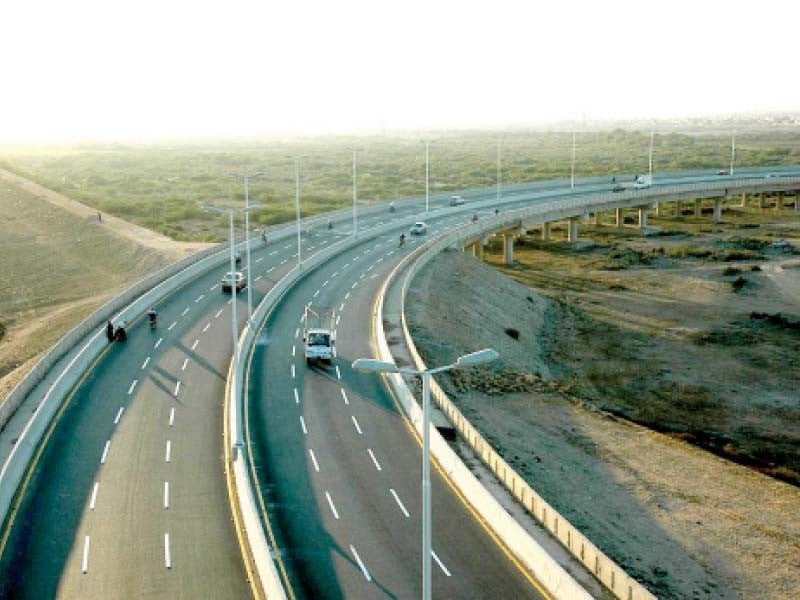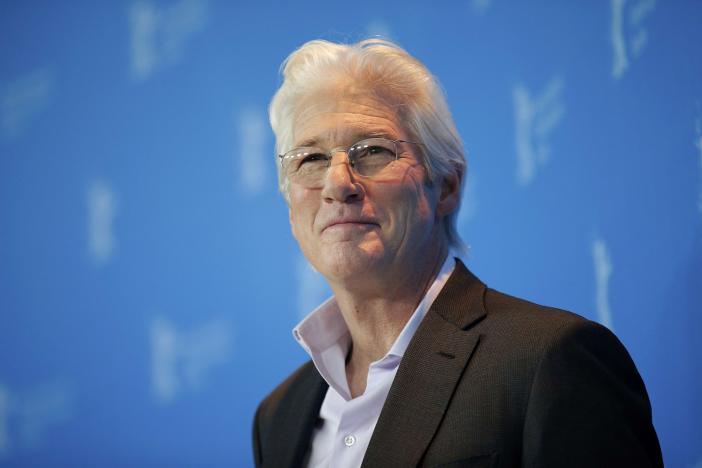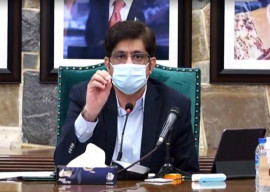
The Public Private Partnership Authority (PPPA) board on Wednesday approved the provision of Rs92 billion from the budget and through toll charges to make the Hyderabad-Sukkur motorway project financially viable and attractive for private parties.
Based on the new financing structure, the cost of the project may jump from the originally approved Rs165 billion a year ago to Rs201 billion. Minister for Planning and Development Asad Umar chaired the PPPA board meeting.
The contractor will collect the toll from commuters for 25 years and the first year toll rate will be Rs860 per car, which the contractor will be allowed to increase 7.5% annually.
PPPA has authorised the viability gap fund and transaction structure for the Hyderabad-Sukkur motorway project, said Umar. This motorway would be the biggest project in the Sindh development package announced by the PM last week, he added.
Three options had been presented to the board, which picked the one that had least burden on the budget, but would increase the overall project cost.
The board approved the construction of motorway project on build, operate and transfer (BOT) model with both capital and operational viability gap funding (VGF) totalling Rs92 billion.
It approved the provision of Rs43 billion from the budget during the construction period as capital injection and another Rs49 billion as operational VGF with Rs7 billion per annum for the debt service period of seven years, according to the decision.
“The present value of VGF is Rs73 billion,” said Umar while talking to The Express Tribune.
The minister said that government contribution increased from Rs1.1 billion due to a change in the financing structure as the earlier option was carrying uncertainty for the contractors. The earlier model was that the revenue of the Multan-Sukkur motorway would be provided for 10 years to the contractors of the Hyderabad-Sukkur motorway to make it financially viable.
The government was trying to shift from the financing model of taking 100% direct obligations on the budget to partially direct and partially indirect liabilities in the shape of contingent obligations due to a limited fiscal space, said the minister.
The minister said that once the project was approved by the Executive Committee of National Economic Council (Ecnec), it would be advertised for bidders’ participation.
Last week, the Central Development Working Party (CDWP) deferred approval of the project due to pending decision on the VGF.
To a question, Umar said that project cost would be decided by the CDWP and the PPPA board had only approved the VGF.
As per the decision, the National Highway Authority (NHA) will ring-fence the cash flow of the M5 motorway (Multan-Sukkur) in an escrow account and make payments out of it to the contractors. The government will extend the standby letter of credit (SBLC) to securitise the payment obligations.
The project is aimed at constructing a 306km road on build, operate and transfer basis under the public-private partnership model. In case of taking the full obligations on the budget, the VGF requirement would have reduced to Rs75.9 billion. Initially, the share of federal government was only 0.7% or Rs1.1 billion.
The project was initially expected to be completed at a cost of Rs165 billion, which will now increase to Rs201 billion. But the CDWP will next week make a final decision about the cost of the project.
Land for the project will also be bought by the federal government through a separate project.
The basis for the original PC-1 was a commercial feasibility study of December 2019, which proposed cross-subsidy from the Sukkur-Multan motorway for 10 years.
The NHA had hired a consortium of NESPAK and KPMG to carry out the technical and commercial feasibility study for the project. The CFS carried out by the consultants included various options for undertaking the Project on a PPP basis, and the option envisaging the cross-subsidisation of the project with the newly built Multan-Sukkur Motorway (M5) was selected to implement the project through private sector participation.
The board of PPPA had also approved the earlier financial structure with cross-subsidization structure in December 2019 and accordingly PC-I for the Project was approved in July 2020 by the Ecnec at a cost of Rs165.7 billion.
The NHA informed CDWP that there was poor response in the prequalification process, as only one company submitted expression of interest and the process had to be annulled. The NHA said that the causes of low response were primarily inadequate amount of the government contribution and absence of guarantees.
Published in The Express Tribune, April 22nd, 2021.
Like Business on Facebook, follow @TribuneBiz on Twitter to stay informed and join in the conversation.
COMMENTS (1)
Comments are moderated and generally will be posted if they are on-topic and not abusive.
For more information, please see our Comments FAQ


1732271743-0/diddy-(45)1732271743-0-165x106.webp)


















In the times of COVID when people are struggling to keep the breaths intact. 92 billion should be earmarked for vaccination. I am not giving any new logic.